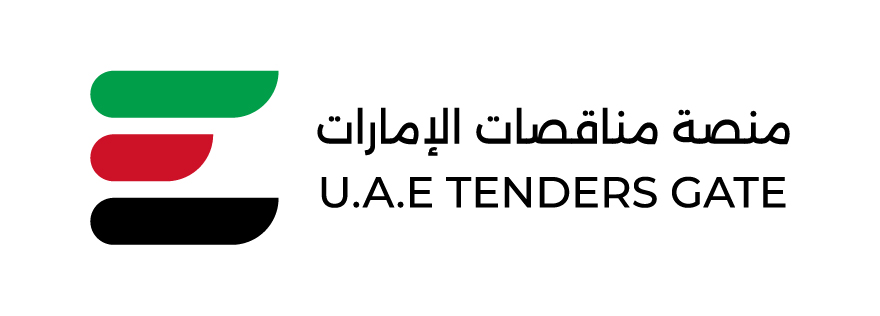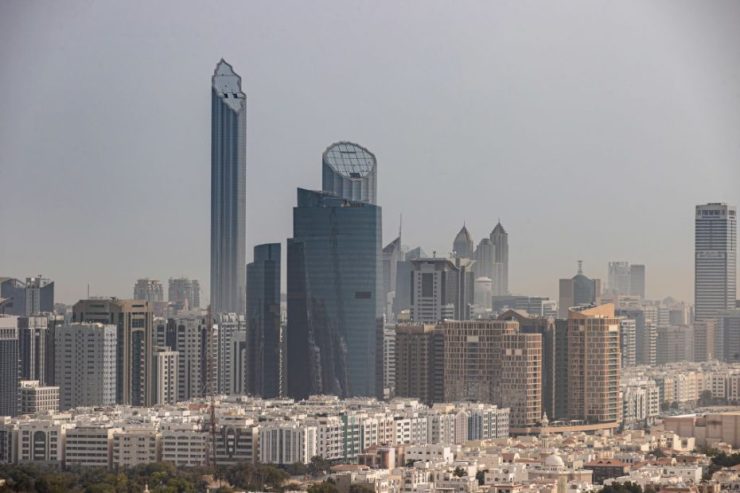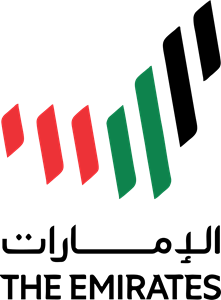Sovereign wealth fund Abu Dhabi Investment Authority (ADIA) said it was optimistic about public equities for 2023 after last year’s market rout, driven by high inflation and rising interest rates, weighed on stocks’ valuations, making them more attractive.
The fund was also looking at opportunities in the private credit market, as banks become more cautious about lending due to rising financing costs, it said in its 2022 annual review.
ADIA, which manages the surpluses the emirate earns from oil exports, does not disclose the value of its assets but Global SWF, an industry specialist, estimates them at $993bn.
As of the end oflast year, ADIA achieved 20-year and 30-year annualised rates of return of 7.1 per cent and 7.0 per cent respectively, compared with 7.3 per cent and 7.3 per cent in 2021, it said in its report, published on Tuesday.
“Equities – both public and private – should continue to find support, especially if profitability remains resilient despite lingering tensions in supply chains and the availability of labour,” managing director Hamed bin Zayed Al Nahyan said in the report.
ADIA’s outlook
Looking ahead, ADIA said its private equity division will position for growth in private markets including in private credit “as an increasingly important alternative to traditional bank lending.”
ADIA in 2022 increased the allocation range for private equity to 10-15 per cent of the total portfolio, from 7-12 per cent in 2021. It also lowered its allocation range for cash to 0-5 per cent in 2022 from 0-10 per cent in 2021.
ADIA’s real estate unit in 2022 increased its exposure to data centres in China, India and the wider Asia-Pacific. It also raised its exposure to credit platforms in the US, Europe and Australia as banks retreated amid higher financing costs.
The fund embarked on a sweeping restructuring of its business during the pandemic, combining middle and back office activities and centralising processes. Last year, it separated its infrastructure and real estate investment teams into standalone departments.
The changes have resulted in a reduction in its workforce to 1,380 at the end of 2022, the report showed, down from 1,520 reported in its 2021 review.
ADIA said the reduced headcount has been “offset in part by active recruitment in investment areas, especially in private markets and technology-driven specialisations.”
The fund’s quantitative research and development team, which integrates investment decisions with machine learning and artificial intelligence, has more than 50 experts and is still recruiting, the report said.





